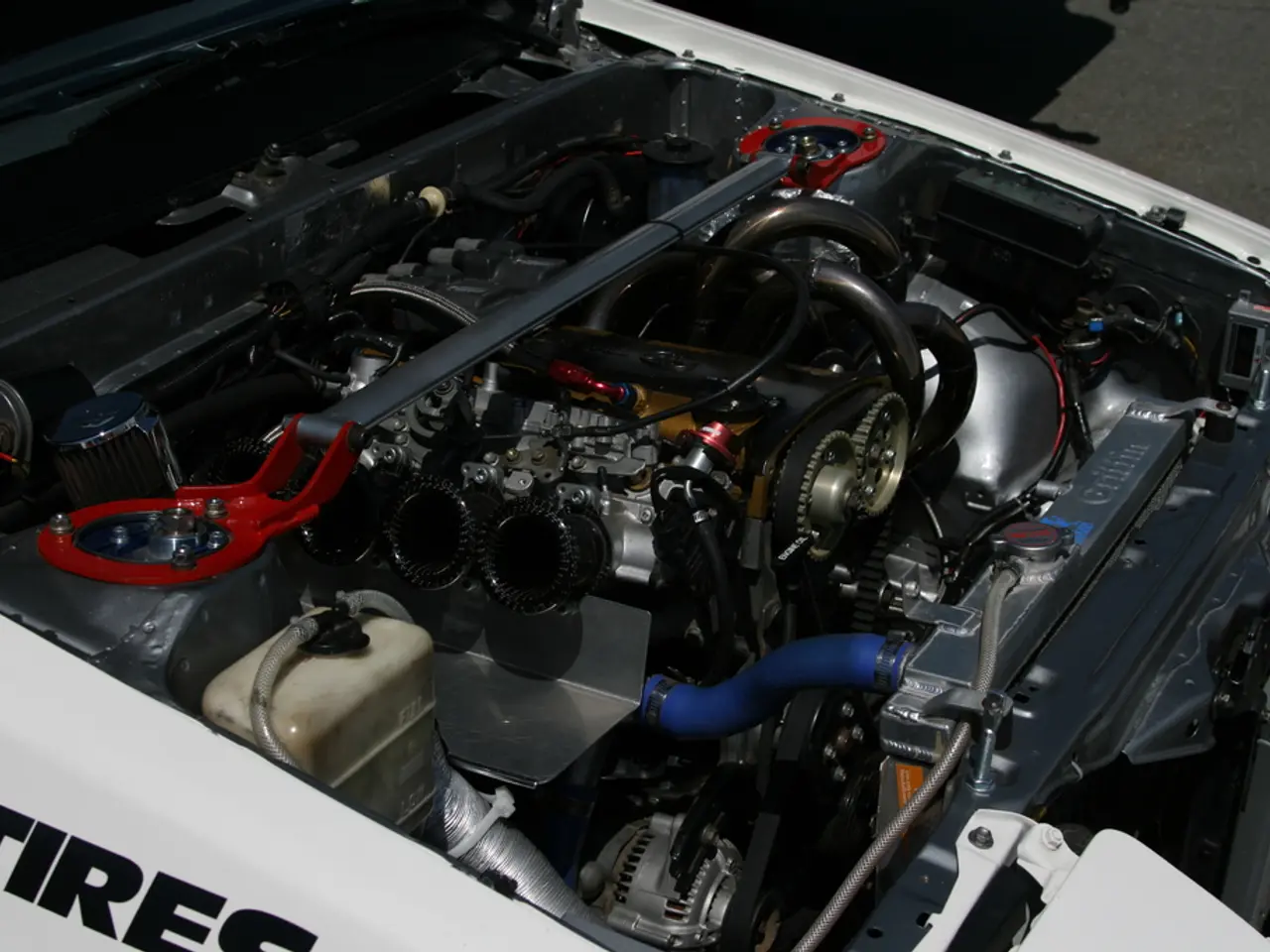Hydrogen-Focused Retreat by Stellantis Reveals a Market Condition: Although Superior to Plug-In EV Technology, It Arrived at the Party Too Late
In a significant move for the automotive industry, global auto giant Stellantis has discontinued its hydrogen fuel-cell development program. The decision, driven by limited hydrogen refueling infrastructure, high capital costs, and weak consumer demand, signals a shift in focus towards electric and hybrid vehicles.
Stellantis, a major player in the industry, has explicitly cited these factors in ending its hydrogen fuel cell program and canceling launches of hydrogen vans planned for 2025. The company's reasoning includes limited availability of hydrogen refueling infrastructure, high capital requirements, and the need for stronger consumer purchasing incentives.
The future of hydrogen in transportation appears niche and uncertain in the light vehicle segment, where battery electric vehicles (BEVs) dominate. Battery electric vehicles have made the convenience of home charging and the rapidly expanding public network the clear winner for the passenger vehicle market.
While hydrogen can still play a crucial role in decarbonizing sectors that batteries can't reach, ensuring its place as a vital, if more specialized, fuel of the future, the race between batteries and hydrogen for passenger and light commercial vehicles appears decisively over.
For the passenger and light commercial vehicle market, the convenience and cost-effectiveness of BEVs have proven to be an insurmountable advantage. Refueling a fleet of city buses or long-haul trucks at a central depot is more practical than managing the charging of massive batteries.
On paper, hydrogen fuel-cell electric vehicles offer long driving ranges comparable to gasoline cars and can be refueled in minutes. However, building a hydrogen infrastructure network faces immense challenges, including the high cost of producing green hydrogen, technical difficulties of storing and transporting a highly flammable, low-density gas, and the chicken-and-egg dilemma.
As a result, the future of hydrogen is not in our driveways but in our railways, ports, and factories, focusing on heavy-duty transport and industrial applications. Hydrogen is ideal for long-haul trucking, industrial machinery, and public transport due to its high energy density and fast refueling times. Hydrogen-powered trains like the Coradia iLint have already been deployed in Germany for non-electrified rural lines.
A comeback for hydrogen in passenger cars would require revolutionary breakthroughs in government investment, green hydrogen production, materials science, and onboard hydrogen storage. Until then, the decision by Stellantis to abandon hydrogen fuel-cell development for its vans is a pragmatic acknowledgement of a battle largely won in the passenger vehicle market by battery electric vehicles.
This news comes from an article published by technology news platform Torque News, authored by technology analyst Rob Enderle. The article also mentions that other manufacturers such as Toyota, Honda, and Hyundai still pursue hydrogen fuel cell technology, focusing on long-term strategies or specific segments like SUVs and potentially heavy-duty trucks.
In conclusion, the discontinuation of hydrogen fuel-cell development by Stellantis highlights the challenges facing the hydrogen sector in the light vehicle market. The future of hydrogen in transportation may lie in specialized applications, such as heavy-duty transport and industrial processes, where its advantages in energy density and refueling times offer significant advantages.
- Stellantis, a key player in the automotive industry, has ceased its hydrogen fuel-cell development program due to factors such as limited infrastructure, high costs, and weak consumer demand.
- The company's decision signals a shift towards electric and hybrid vehicles, mirroring the dominance of battery electric vehicles (BEVs) in the passenger vehicle market.
- The convenience of home charging and expanding public networks for BEVs have proven to be a decisive advantage in the passenger and light commercial vehicle market.
- Hydrogen, however, may still play a significant role in decarbonizing sectors like heavy-duty transport and industrial processes due to its high energy density and fast refueling times.




